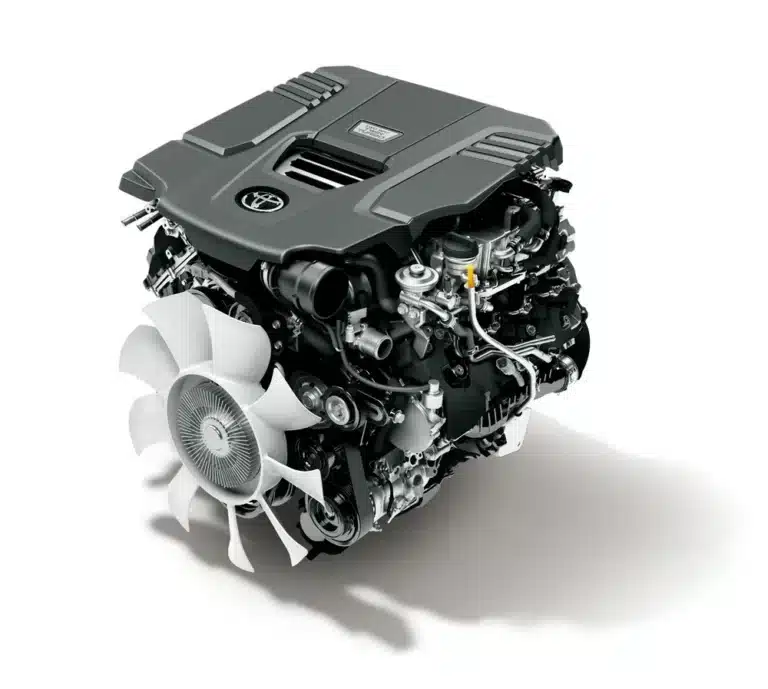La agroindustria adopts energy efficiency as key to its sustainability

In recent years, the agriculture industry has begun to recognize the importance of energy efficiency as an essential element for its sustainability. The growing pressure on natural resources and the need to reduce the carbon footprint have led many companies in the sector to adopt innovative technologies that not only optimize energy consumption but also improve profitability and competitiveness in the market. From the integration of renewable energies to the implementation of precision agriculture systems, the transformation in the agriculture industry is in full swing, offering significant opportunities for a greener and more efficient future.
In recent years, the field has witnessed a significant transformation with the adoption of technologies that promote energy efficiency. The agriculture industry, traditionally associated with conservative practices, is now shaping its future towards sustainability, incorporating renewable energy sources and optimizing processes to reduce its environmental impact. This green revolution aims not only to mitigate the carbon footprint but also to increase the profitability and competitiveness of the agricultural sector.
Renewable energies: the new horizon
One of the main trends in this transition towards efficiency is the adoption of renewable energy sources. Solar panels are becoming a common sight in the fields, and their installation allows farms to significantly reduce their electricity costs. Recent studies have shown that solar capacity in the agriculture industry has grown by 45% in just three years.
Moreover, the use of wind energy is expanding. In countries like Denmark and Germany, wind turbines are already operating alongside crops, providing a new source of income for farmers and promoting a model of energy sustainability.
Efficient agricultural machinery
Agricultural machinery, which consumes large amounts of energy, is also undergoing a shift towards energy efficiency. New technologies, such as electric tractors and hybrid engines, are designed to reduce fuel consumption and CO2 emissions. These innovations can decrease operating costs by up to 50%, representing a valuable opportunity for farmers.
The implementation of automation and autonomous driving systems also optimizes operations in the field, allowing machines to work more hours and do so more precisely, resulting in less waste of inputs and a reduction in energy use.
Precision agriculture
Precision agriculture is revolutionizing the way energy is used in daily operations. By combining sensors, drones, and advanced technologies, farmers can manage their fields with exceptional accuracy. Smart irrigation systems, for example, adjust water use based on real-time data, achieving significant reductions in water and energy consumption.
Additionally, the variable application of inputs, such as fertilizers and pesticides, conserves energy by applying only what is necessary, enhancing sustainability and soil quality on the farms.
Beyond the field: efficiency in the supply chain
The transformation of the sector extends beyond agricultural areas. The entire agricultural supply chain is implementing measures to improve efficiency. Technologies in storage and processing, such as efficient refrigeration systems and the use of LED lighting, are helping to reduce energy consumption and maintain product quality.
Optimization in logistics and transportation is also crucial, and many companies are exploring smarter routes and more efficient vehicles to reduce their carbon footprint.
Challenges and opportunities in adopting technologies
Despite the growing interest, the implementation of energy-saving technologies faces significant challenges. High initial costs can be a barrier for many small farmers. Lack of technical knowledge and resistance to change are other obstacles to overcome.
However, there are numerous opportunities. Governments and organizations are providing support and funding to facilitate the adoption of these technologies. Specific training for farmers is a priority in this context, ensuring they have access to the tools and knowledge necessary to thrive in an increasingly competitive environment.
Impact and future of energy efficiency in the agriculture industry
The impact of adopting energy efficiency technologies goes beyond simple cost reduction. New job opportunities are being created in sectors related to the installation and maintenance of energy systems, as well as in agricultural data management. The implementation of sustainable practices could contribute, according to estimates, to a 30% reduction in greenhouse gas emissions by 2050.
Looking to the future, it is anticipated that the adoption of energy-saving technologies will accelerate, supported by innovations in artificial intelligence and biotechnology that will open new pathways for agriculture. In this context, the agriculture industry will not only be a food producer but also a key player in the fight against climate change.
For more information on how to improve energy efficiency in different contexts, consult: How to improve energy efficiency, World Energy Efficiency Day, The importance of energy efficiency in climate change, Trends in energy efficiency for the coming year, and Revolution in diesel engine efficiency.
In recent years, the agriculture industry has undergone a remarkable shift towards energy efficiency, recognizing its importance not only for economic profitability but also for environmental sustainability. This transformation is driven by the growing need for agricultural practices that reduce the carbon footprint and promote responsible use of natural resources.
The implementation of energy-saving technologies, such as solar and wind energy, is allowing farms to reduce their operating costs and improve their competitiveness in an increasingly demanding market. The use of solar panels and wind turbines not only contributes to decreasing fossil energy consumption but also opens new economic opportunities for farmers by diversifying their income sources.
Furthermore, precision agriculture emerges as an approach that maximizes resource use, applying technologies such as IoT sensors and drones to optimize irrigation and input application. This not only results in significant cost savings but also reduces the environmental impact of traditional agricultural practices.
Despite the challenges associated with the adoption of these technologies, such as initial cost and the need for training, support from governments and international organizations is facilitating the transition towards a more efficient and sustainable agriculture industry.
The commitment to energy efficiency is becoming a fundamental pillar for the future of agriculture, positioning the sector as a key player in the fight against climate change. With the integration of innovation and a commitment to more responsible practices, the agriculture industry has the potential to lead the way towards a productive model that benefits both current and future generations.




